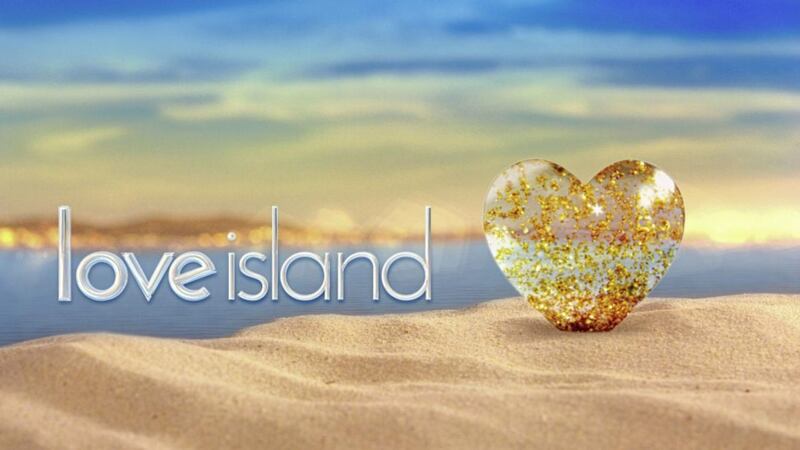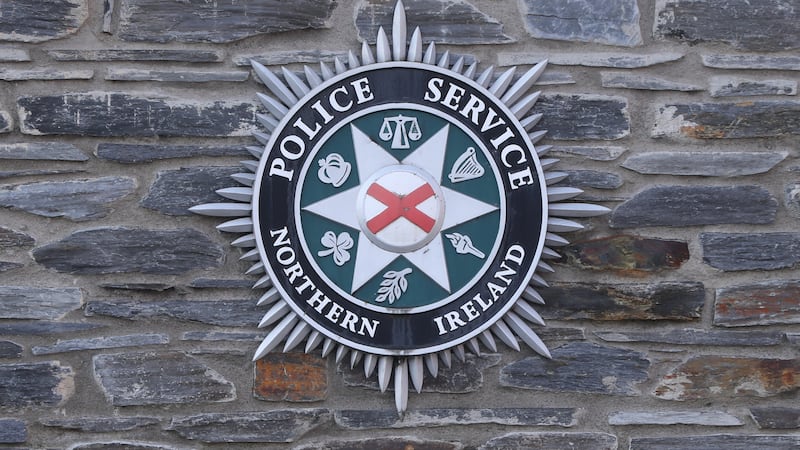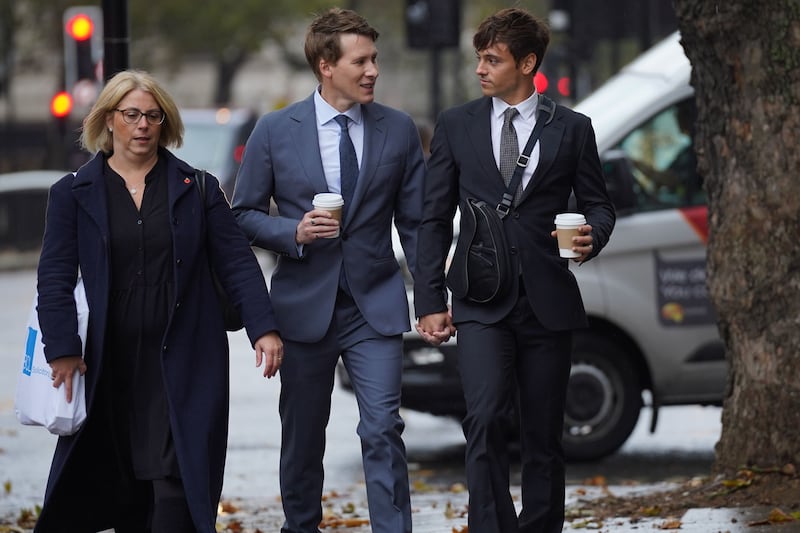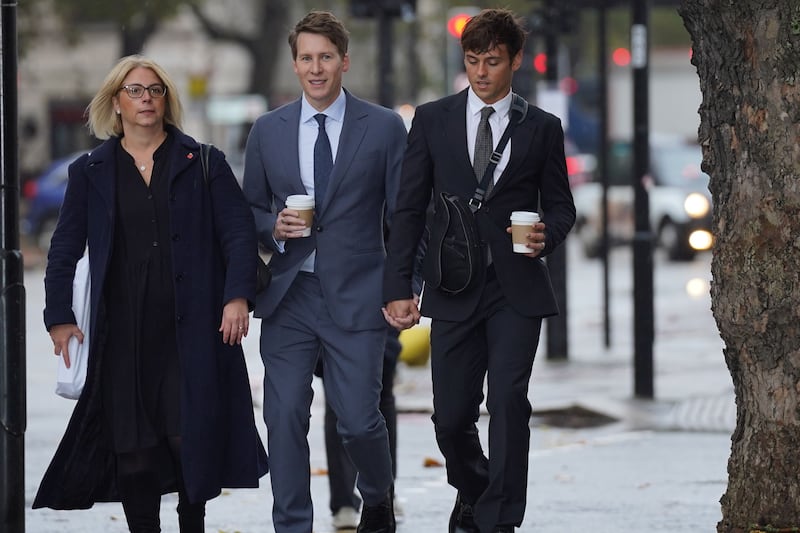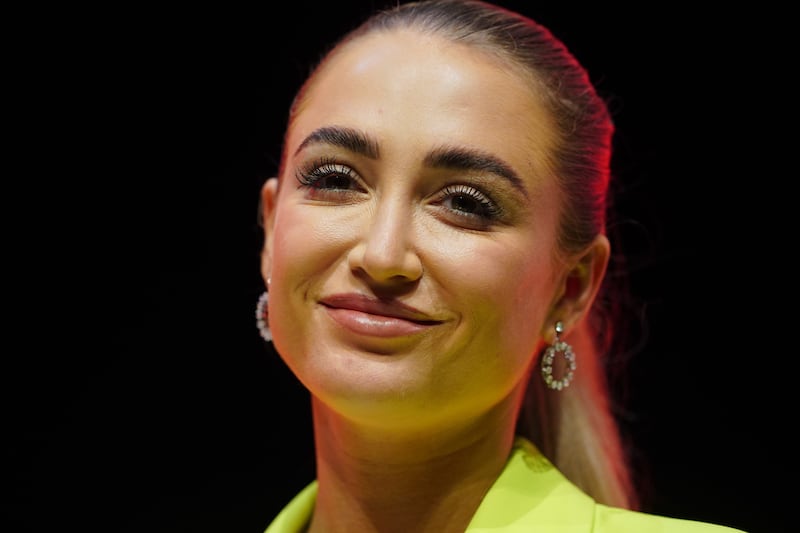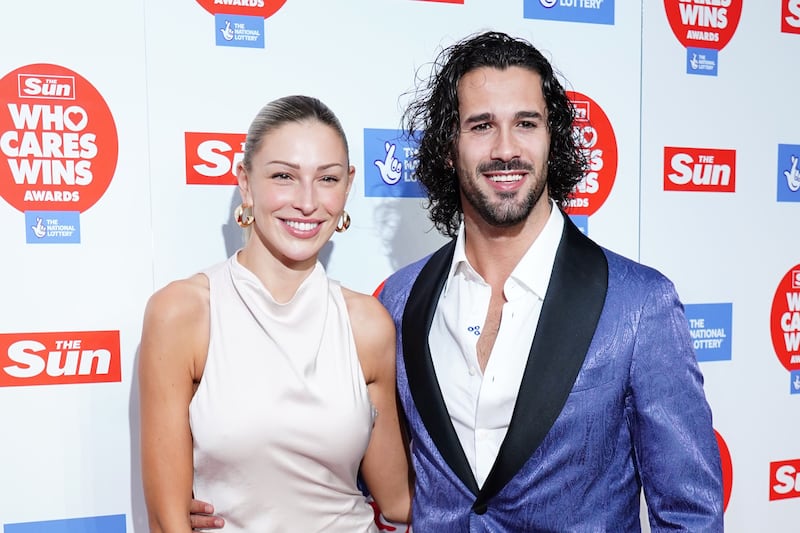IT'S that time of the year when our screens and social media feeds are dominated by young people trying to find love and fame on the sunny island of Majorca.
The idea of Love Island is simple enough - put a group of attractive, well-groomed men and women together in a luxury villa, pair them up for romance, and hope they make great reality TV in the process.
New people arrive, some are dumped, and others recouple - while completing cheeky challenges along the way - and the most popular couple walks out with £50,000.
Whether they find 'true love' or not, it's the status they achieve upon leaving the villa that is surely most appealing.
Read more:
- Other Irish contestants who have found fame on reality TV shows
- Maura Higgins finds herself centre stage in Love Island phenomenon
Most contestants head home fresh in the knowledge they are now minor celebrities, using their 15 minutes of fame to endorse products, visit nightclubs and expand their Instragram following.
Love Island, hosted by Caroline Flack, has undoubtedly become a television phenomenon.
As series five continues for another few weeks, the ITV2 show has cemented itself as one of the broadcaster's most popular programmes.
The first episode of this year's series saw more than three million viewers tuning in - the highest ever opening for the show and up 10 per cent on last year.
The opening episode of 2019 also became the most watched show of the year for 16 to 24-year-olds in the UK.
Since its inception in 2015, Love Island regularly trends on Twitter and last year's winning couple, Dani Dyer and Jack Fincham, even starred in their own spin-off reality TV show - before they split.
But despite its success, the format has also faced intense scrutiny.
Last year's series received more than 4,000 complaints ranging from the footage aired to how the islanders treated each another.
The criticism has also been heightened with the deaths of two contestants, who took their own lives.
Series three participant Mike Thalassitis was found dead in March, aged 26, while Sophie Gradon died last year, aged 32.
The tragedies have led Love Island to make major changes to their after-care, with ITV providing 14 months of support upon leaving the villa.
There is also social media and financial management training to help tackle the sudden surge in cashflow and online attention.
But despite the criticism, for many viewers the show is simply a welcome distraction from the realities of everyday life.
It offers a form of escapism for an hour every night, where nothing else matters other than the relationships of those on screen.
Read more:
- Other Irish contestants who have found fame on reality TV shows
- Maura Higgins finds herself centre stage in Love Island phenomenon
